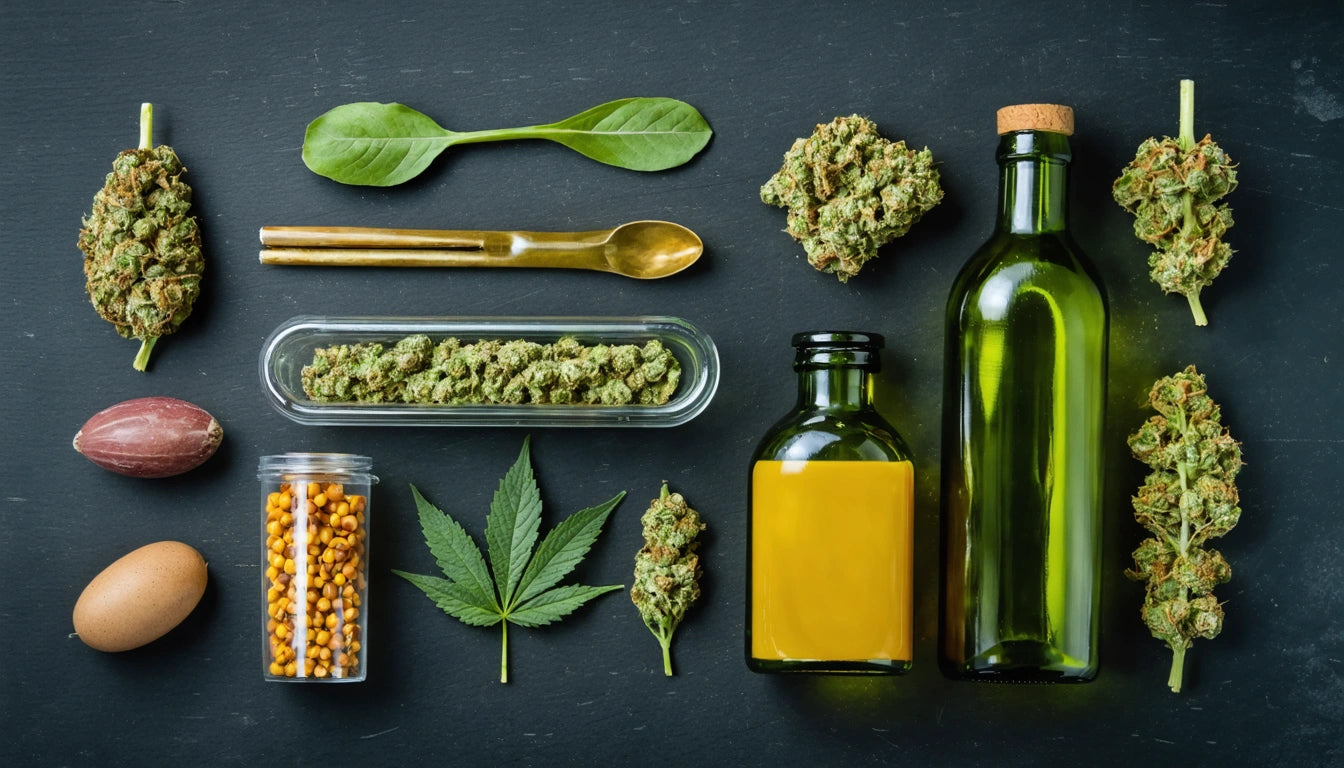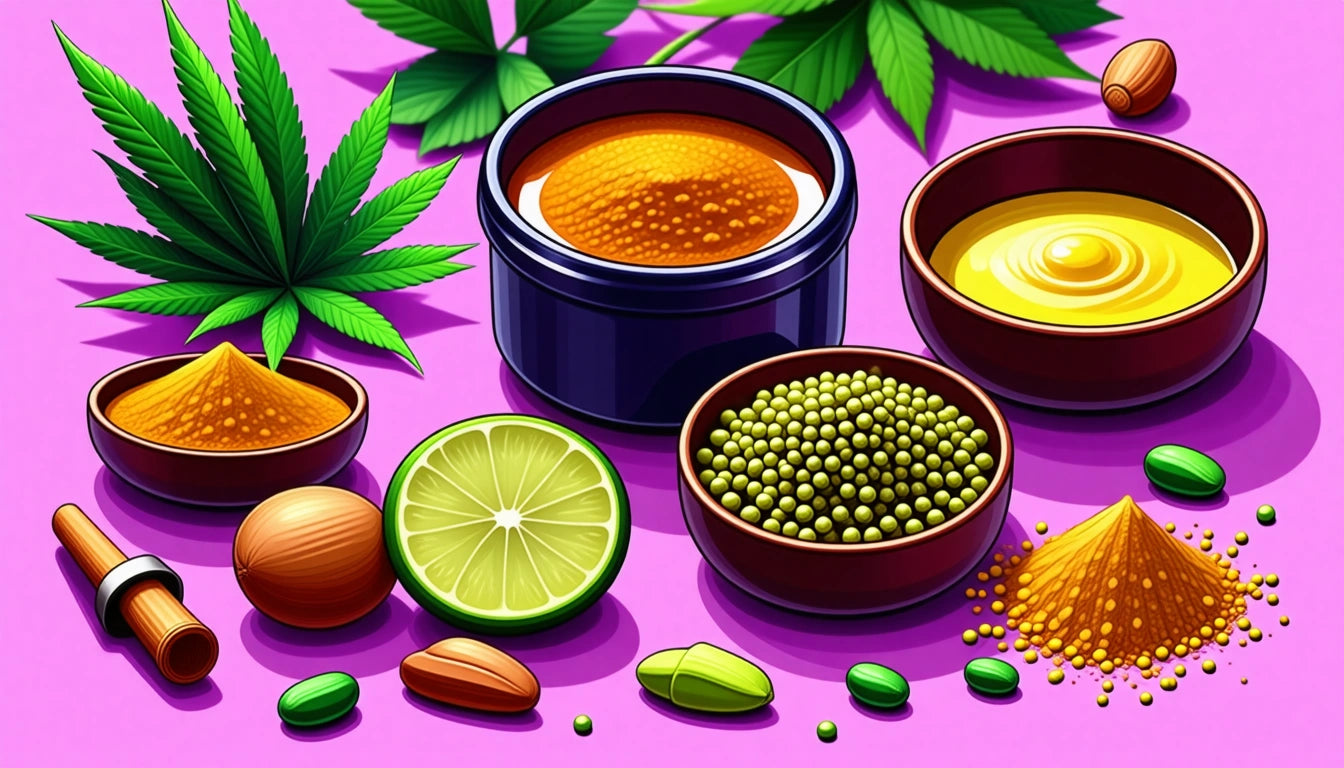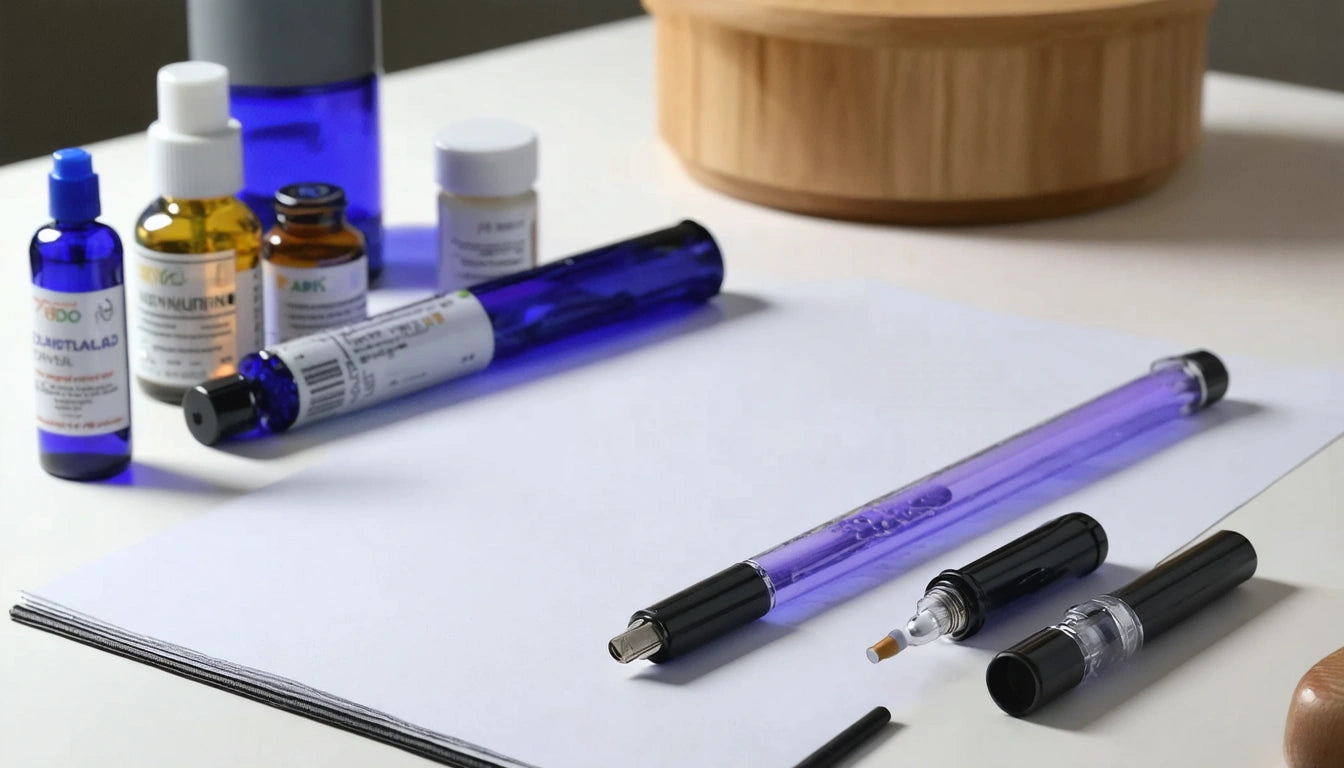Table of Contents
How to Prevent and Recover from a Weed Hangover
While cannabis doesn't typically cause the same severe morning-after effects as alcohol, many users report experiencing a "weed hangover" after heavy consumption. These lingering effects can include brain fog, headaches, fatigue, and dehydration. Understanding how to prevent a weed hangover and how to recover quickly can help ensure your cannabis experience remains positive.
Understanding Weed Hangovers: Causes and Symptoms
A cannabis hangover differs from an alcohol hangover but can still impact your day. The primary causes include:
- Overconsumption of THC
- Dehydration during use
- Poor sleep quality while intoxicated
- Individual sensitivity to cannabinoids
- Consumption method (edibles often cause stronger hangovers)
Common symptoms include morning grogginess, mild headache, dry mouth, bloodshot eyes, difficulty concentrating, and sometimes nausea. As explored in this article on cannabis fatigue, these effects typically last 24 hours or less.
Prevention Strategies for Weed Hangovers
The best way to handle a weed hangover is to prevent it from occurring. Here are effective strategies for how to avoid weed hangover:
Moderation is Key
Start with lower doses, especially with high-potency products. For inhalation methods, take smaller hits and wait between them. For edibles, begin with 5mg THC or less and wait at least two hours before considering more.
Choose Products Wisely
Select balanced THC:CBD products, as CBD may help mitigate some of THC's more intense effects. Products with terpenes like pinene and limonene may provide clearer effects with less mental fog afterward.
Timing Matters
Avoid consuming cannabis right before bed, as this can disrupt your sleep cycle. Instead, allow 2-3 hours between consumption and sleep for the initial effects to subside.
Recovering from THC Overuse: Quick Relief Methods
If you're already experiencing a weed hangover, several approaches can help you recover more quickly:
Hydration Protocol
Drink plenty of water immediately upon waking. Consider electrolyte-enhanced beverages to restore mineral balance. Quick tips for sobering up suggest alternating between water and electrolyte drinks throughout the day.
Gentle Exercise
Light physical activity like walking or gentle yoga can increase blood flow and help your body process remaining cannabinoids more efficiently.
Cold Shower
A brief cold shower can increase alertness and reduce inflammation that may contribute to headache symptoms.
Edible Hangover Solutions: Special Considerations
Edible hangovers tend to be more intense and longer-lasting due to the way THC is processed through the liver. If you're wondering how to get rid of edible hangover symptoms specifically:
- Take vitamin B complex to support energy metabolism
- Consider ginger tea to settle stomach discomfort
- Use small amounts of caffeine (but avoid excessive amounts that could worsen dehydration)
- Try CBD oil, which may help counteract lingering THC effects
As this guide on managing cannabis effects notes, proper product storage in secure child-resistant packaging helps prevent accidental overconsumption, which is a common cause of severe cannabis hangovers.
Hydration and Nutrition: Keys to Faster Recovery
Your dietary choices can significantly impact how quickly you recover from a weed hangover:
Hydrating Foods
Consume water-rich foods like cucumber, watermelon, and celery to supplement your fluid intake.
Anti-Inflammatory Options
Incorporate foods with natural anti-inflammatory properties such as fatty fish, berries, and leafy greens to combat headaches and brain fog.
Blood Sugar Stabilizers
Complex carbohydrates and proteins help stabilize blood sugar levels that may fluctuate during cannabis use and recovery.
According to research on natural cannabis detoxification, foods rich in antioxidants can help your body process and eliminate cannabinoids more efficiently.
Long-Term Prevention Plan for Regular Cannabis Users
For those who use cannabis regularly, developing a sustainable approach to consumption can prevent chronic hangover issues:
- Schedule regular tolerance breaks to reset your endocannabinoid system
- Maintain a consistent hydration routine daily, not just when using cannabis
- Consider tracking your consumption and hangover symptoms to identify personal thresholds
- Explore different consumption methods to find those that produce fewer hangover effects
- Invest in quality products from reputable sources with consistent potency
Implementing these strategies can help you enjoy cannabis while minimizing negative after-effects. As explored in this guide to safe consumption methods, finding your optimal approach is highly individual.
By understanding both prevention and recovery techniques, you can manage or completely avoid the discomfort of cannabis hangovers. Remember that individual responses to cannabis vary widely, so it may take some experimentation to discover which strategies work best for your body and consumption patterns.











Leave a comment
All comments are moderated before being published.
This site is protected by hCaptcha and the hCaptcha Privacy Policy and Terms of Service apply.